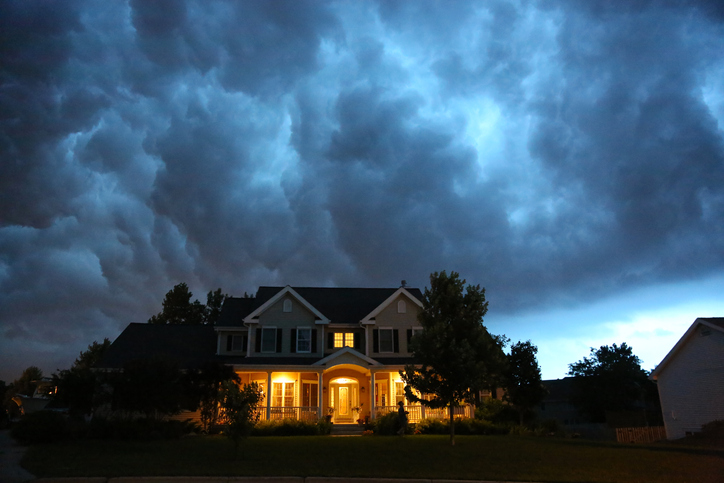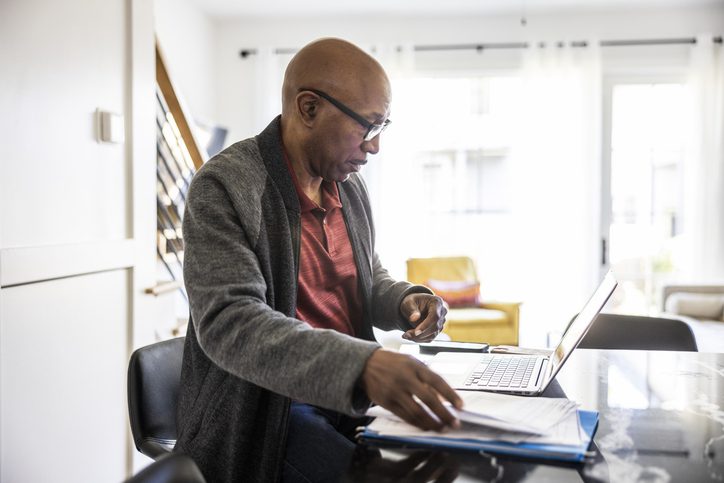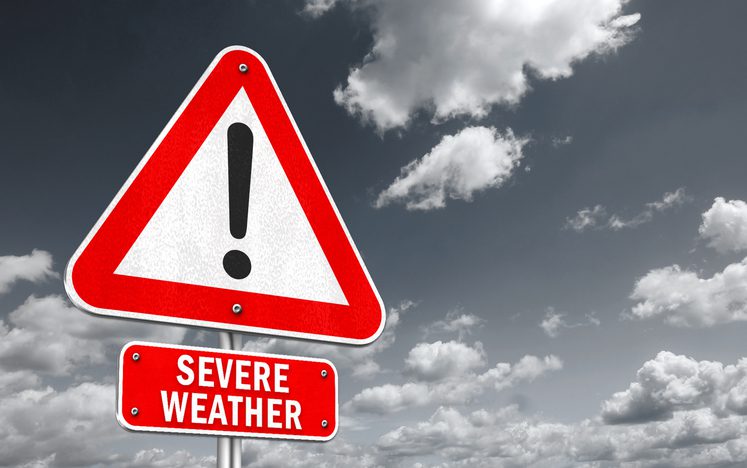It can be tempting to procrastinate planning for difficult situations. Planning a party is one thing, but planning how you would survive a natural disaster is something else entirely. If you’re like most of us, you’ll deal with that “tomorrow.” Yet all too often the disaster happens – and you’ve never gotten around to preparing for it. With some forethought and planning, you can help yourself and your loved ones weather the storm safely.
The 8 Things You Should Do First, If Disaster is Imminent
Take these steps immediately if you receive early warning of an impending disaster.
- Identify a primary contact person, preferably one outside of your area, that your entire family will use.
- Charge your cell phone and keep an extra charger and battery in your disaster kit.
- Determine where you will go if you’re forced to evacuate, whether it be to a family member or friend’s home, hotel or shelter. Don’t forget to check pet policies, too! If you choose a hotel, call right away to make an early reservation. You can always cancel if you need to. Put together a list of phone numbers of other hotels along your evacuation route in case of any issues. If you choose a shelter, your local fire department or emergency preparedness agency can help you identify options.
- Review and update the contents of your disaster kit, especially if you haven’t done this in a while.
- Pack clothing, sturdy shoes and other necessities.
- Put valuables and/or mementoes that you would want to take in the car now; you can always remove them later if you end up not leaving.
- Gas up the gar. Don’t wait until you have to evacuate, when you may be fighting lines of motorists.
- Get a supply of cash. After a disaster, ATMs may not work for a time.
For more information, review our disaster preparation guidebook.
Special Considerations
Caring for someone with memory impairment adds an additional layer of challenges to tackle when thinking about disaster planning. Planning ahead of a disaster, rather than when one is about to strike, can help make it less stressful for you and your loved one. If you are a family caregiver and provide care for someone with Alzheimer’s disease or another type of dementia, there are additional steps you may want to consider. These steps can be time consuming so it’s wise to plan in advance, so as to not overwhelm you when the disaster strikes.
- Contact your loved one’s support team (people who might help prepare, help your loved one evacuate and care for your loved one if you can’t get there) and determine who will do what if it becomes necessary during a disaster.
- Pack your loved one’s valuables and mementoes, which can provide comfort in a time of confusion.
- Make sure that your loved one’s clothing, sturdy shoes and other necessities are packed.
- Double check that your disaster kit includes all your loved one’s necessary medications and medical devices.
Remember: the more people you have in your care, the more time you may need to get ready.






